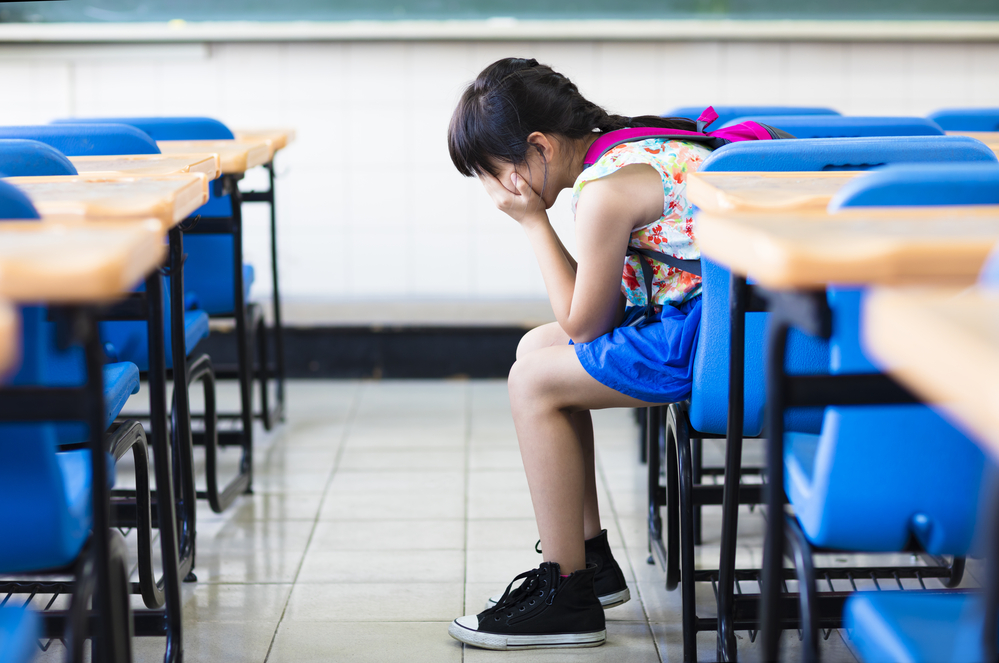For any person, childhood education remains one of the most important institutions they will experience throughout their life. The right environment and experiences that are shaped during this time of their life will have far reaching, positive effects towards their advancement through life. The foundations of their character and personality are developed as they discover their future pursuits, ability, and desire. It’s important to learn and continue to grow into themselves whilst also building up their confidence.
With this in mind, it is important to consider education as a tool in which the psychological wellbeing of the child needs to be kept in focus. Through the pursuit of education, a child can grow into an adult with a love for learning, healthy inner confidence, and the willingness to challenge themselves. Without it, they lack the proper tools to properly reach their full potential. A child who learns to love education and feels comfortable within the education system is one that will make the most of it.
In recent years, significant amounts of academic effort have been concentrated on the psychological factors affecting the academic achievement of both higher achieving and underachieving students. While it is true that there is no single procedure or occasion that can isolate the exact quirks of a student, broader trends can provide insight into the causes and effects of positive and negative mental factors in a child’s educational experience. For example, psychological, social, and commonplace factors all have a place in understanding how the mind of a young student functions. Change, confusion, or problematic behaviour by the student or towards a student can all interplay and can cause a child to struggle.
One key issue is that there is also falling academic performance: a child that is struggling with their education, and feels lost or behind, will naturally have that issue magnified as they continue to keep struggling. The classroom curriculum does not often identify these issues and will continue as a student continues to trend further behind. These students experience the ill effects of dismissal of guardians or grown-ups as opposed to shortcoming of their own. Students would then dismiss the education system as something they are unable to succeed in, leading to lack of confidence or dependency on others to help them. Help is fine but eventually every child needs to develop independence and that only comes with experience and confidence.
Being able to fill in these gaps as they appear is one of the most important tasks of any tutoring program. If a student is too far behind, they will come to dislike school and the system will not take the time needed to train them in their weaknesses before moving forward. For a student that is ahead, they can often grow bored as they wait for material that is at their level to appear. Primary schooling is a particularly important time when growing up, if a student can learn to love schooling and enjoy it, it will greatly benefit them down the line.
At iSmartStudent we understand these challenges. Every day in school the teacher walks in knowing they have something new that they have to teach the kids to ensure they complete the grade level curriculum within the school year. For some kids it’s too slow and others too fast. That is why we find out where each child is in the curriculum. We then create a personalized lesson plan approaching each week with what each child is ready for and continuing forward a comfortable pace. The child’s true pace of learning! Allowing the child to move forward at a comfortable rate, in a structured manner while building up their independence and most importantly, their confidence!

